Vitamins and minerals are essential nutrients that play significant roles in maintaining overall health and well-being. These organic compounds and inorganic elements are required in small quantities but are vital for various physiological processes in the body. Vitamins are classified into two categories: water-soluble, which includes Vitamin C and the B vitamins, and fat-soluble, which encompasses Vitamins A, D, E, and K. Minerals, on the other hand, are inorganic substances, such as zinc, which the body also requires to function optimally.
Allhealth Defensys
$24.99
Descripción
Understanding the Importance of Vitamins and Minerals
Vitamins and minerals are essential nutrients that play significant roles in maintaining overall health and well-being. These organic compounds and inorganic elements are required in small quantities but are vital for various physiological processes in the body. Vitamins are classified into two categories: water-soluble, which includes Vitamin C and the B vitamins, and fat-soluble, which encompasses Vitamins A, D, E, and K. Minerals, on the other hand, are inorganic substances, such as zinc, which the body also requires to function optimally.
The functions of vitamins and minerals are diverse and multifaceted. For instance, Vitamin C, a potent antioxidant, is essential for collagen synthesis, immune function, and absorption of iron from plant-based foods. Vitamin D3, synthesized in the skin upon sunlight exposure, facilitates calcium absorption, promoting bone health and contributing to immune response. Zinc is crucial for cellular metabolism, wound healing, and the synthesis of proteins. Collectively, these nutrients support numerous biological processes including energy production, DNA synthesis, and the maintenance of the nervous system.
The B vitamins, including B1 (thiamine), B2 (riboflavin), and B12 (cobalamin), are integral to energy metabolism and neurological function. Vitamin B1 is involved in carbohydrate metabolism, while Vitamin B2 plays a key role in energy production and the metabolism of fats, drugs, and steroids. Vitamin B12, essential for red blood cell formation, also supports neurological health by maintaining myelin sheaths that protect nerve fibers.
Given their essential roles, deficiencies in these vitamins and minerals can lead to a range of health issues, highlighting their importance in everyday nutrition. Understanding the myriad benefits of Vitamin C, D3, zinc, and B vitamins sets the stage for exploring their specific sources and advantages in the following sections of this guide.
Vitamin C: The Immune System Booster
Vitamin C, also known as ascorbic acid, serves as a vital nutrient in the human body, particularly recognized for its significant role in enhancing the immune system. This powerful antioxidant helps combat oxidative stress by neutralizing free radicals, thereby reducing inflammation and promoting overall health. Studies have shown that adequate levels of Vitamin C can lead to a reduced duration and severity of respiratory infections, including the common cold, making it an essential component for those seeking to support their immune defenses.
Beyond its immune-boosting properties, Vitamin C is instrumental in maintaining skin health. It promotes the synthesis of collagen, a key structural protein that contributes to skin elasticity and wound healing. This nutrient also aids in the skin’s natural protection against UV damage and aids in the repair of skin tissues, further highlighting its importance not only for immune function but also for dermatological well-being.
Natural sources of Vitamin C are abundant, with citrus fruits such as oranges, lemons, and grapefruits being among the most well-known. Vegetables like bell peppers, broccoli, and kale also boast high Vitamin C content and provide a variety of other nutrients. The recommended daily intake for adults is approximately 65 to 90 milligrams, which can usually be met through a balanced diet rich in fruits and vegetables.
However, certain populations may require supplementation, particularly those with a limited dietary intake, such as individuals with dietary restrictions or certain medical conditions affecting nutrient absorption. Before starting any supplementation, consulting with a healthcare professional is advisable to determine individual needs and avoid excessive intake, which can lead to side effects. With proper attention to diet and lifestyle, Vitamin C can significantly contribute to maintaining robust immune health.
Vitamin D3: The Sunshine Vitamin
Vitamin D3, often referred to as the sunshine vitamin, plays a pivotal role in maintaining optimal health, particularly in three key areas: bone health, immune function, and mood regulation. Unlike Vitamin D2, which is derived from yeast or fungi, Vitamin D3 is synthesized in the skin upon exposure to sunlight. Its superior efficacy has made it the preferred form for supplementation, as it is more potent in raising and maintaining overall vitamin D levels in the blood.
One of the most significant benefits of Vitamin D3 is its contribution to bone health. This vitamin facilitates calcium absorption in the gut, ensuring that bones receive the necessary minerals to strengthen and grow. Insufficient levels of Vitamin D3 can lead to bone disorders such as osteoporosis and rickets, underlining its importance to a healthy skeletal system.
Additionally, Vitamin D3 is crucial for immune function. Studies have shown that adequate levels of this vitamin modulate immune responses and can help in reducing the risk of infections and chronic diseases. Its role in mood regulation is equally important, with some research suggesting that Vitamin D3 may play a part in reducing the risk of depression and fostering mental well-being.
While our bodies can synthesize Vitamin D3 from sunlight, individuals residing in regions with limited sun exposure—such as during winter months or in higher latitudes—may find it necessary to seek alternative sources of this vital nutrient. Foods rich in Vitamin D3 include fatty fish, egg yolks, and fortified products like dairy and cereals. For those unable to meet their needs through diet and sun exposure, supplementation may be warranted to ensure optimal health.
Zinc: The Essential Mineral for Immune Function and Healing
Zinc is a trace element that plays a pivotal role in numerous physiological processes within the human body, particularly in supporting the immune system. This essential mineral is crucial for the development and function of immune cells, including T-lymphocytes and phagocytes, which help fight off infections. Adequate zinc levels are vital for a robust immune response, enabling the body to efficiently combat pathogens and reduce the severity and duration of illnesses such as the common cold.
Moreover, zinc is integral to the healing process. It facilitates tissue repair and regeneration through its involvement in collagen synthesis—a protein essential for wound healing. Zinc’s role in DNA synthesis further underscores its importance in cellular growth and division, making it indispensable for recovery from injuries.
Symptoms of zinc deficiency can manifest in various ways, including a weakened immune response, delayed wound healing, hair loss, and impaired taste or smell. Chronic deficiency can lead to more severe health issues, highlighting the need for sufficient intake. The Recommended Dietary Allowance (RDA) varies by age and gender, with adult men needing approximately 11 mg per day and women requiring around 8 mg. Pregnant and lactating women have higher recommendations, necessitating careful dietary planning to meet these needs.
Natural food sources rich in zinc include oysters, red meat, poultry, beans, nuts, whole grains, and dairy products. Incorporating these foods into daily meals can help ensure adequate zinc intake without the need for excessive supplementation. It’s important to note, however, that while zinc is vital for health, excessive supplementation can lead to toxicity, resulting in symptoms such as nausea, vomiting, loss of appetite, stomach cramps, diarrhea, and headaches. Therefore, individuals should aim to meet their zinc requirements primarily through dietary sources rather than high-dose supplements.
B Vitamins: The Energy Boosters
B vitamins play a crucial role in the body’s metabolic processes, significantly contributing to energy production and supporting neurological function. The family of B vitamins includes several essential nutrients, each with unique benefits. The most notable among them are B1 (thiamine), B2 (riboflavin), and B12 (cobalamin).
Vitamin B1 is pivotal for converting carbohydrates into energy, facilitating the body’s ability to utilize glucose effectively. This process is vital for overall energy levels, especially during vigorous activities. It also supports neural function, contributing to cognitive abilities and overall brain health. Deficiency in B1 can lead to fatigue, confusion, and impaired cognitive functions, emphasizing the importance of adequate intake.
Vitamin B2, or riboflavin, is essential for energy metabolism; it plays a critical role in the breakdown of fats, proteins, and carbohydrates. Moreover, B2 aids in maintaining healthy skin, eyes, and nerve functions. Sources of riboflavin include dairy products, eggs, green leafy vegetables, and whole grains. Recommended daily intake is around 1.3 mg for men and 1.1 mg for women. A deficiency in B2 is commonly associated with sore throat, redness, and swelling of the lining of the throat, as well as cracks on the outsides of the lips.
Lastly, vitamin B12 is vital for red blood cell formation and neurological function. It is primarily found in animal products, such as meat, fish, eggs, and dairy. The recommended daily intake for adults is about 2.4 mcg. A deficiency in this vitamin can lead to anemia and severe neurological issues, highlighting the importance of maintaining adequate B12 levels, especially for those on a plant-based diet.
Incorporating a balanced diet rich in these B vitamins can bolster energy levels, enhance cognitive function, and promote overall health. Awareness of personal dietary habits, coupled with knowledge of the signs of deficiency, can empower individuals to take proactive steps in maintaining optimal health.
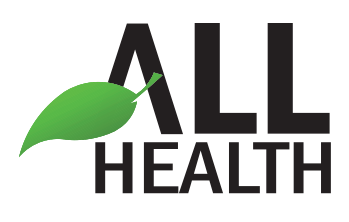


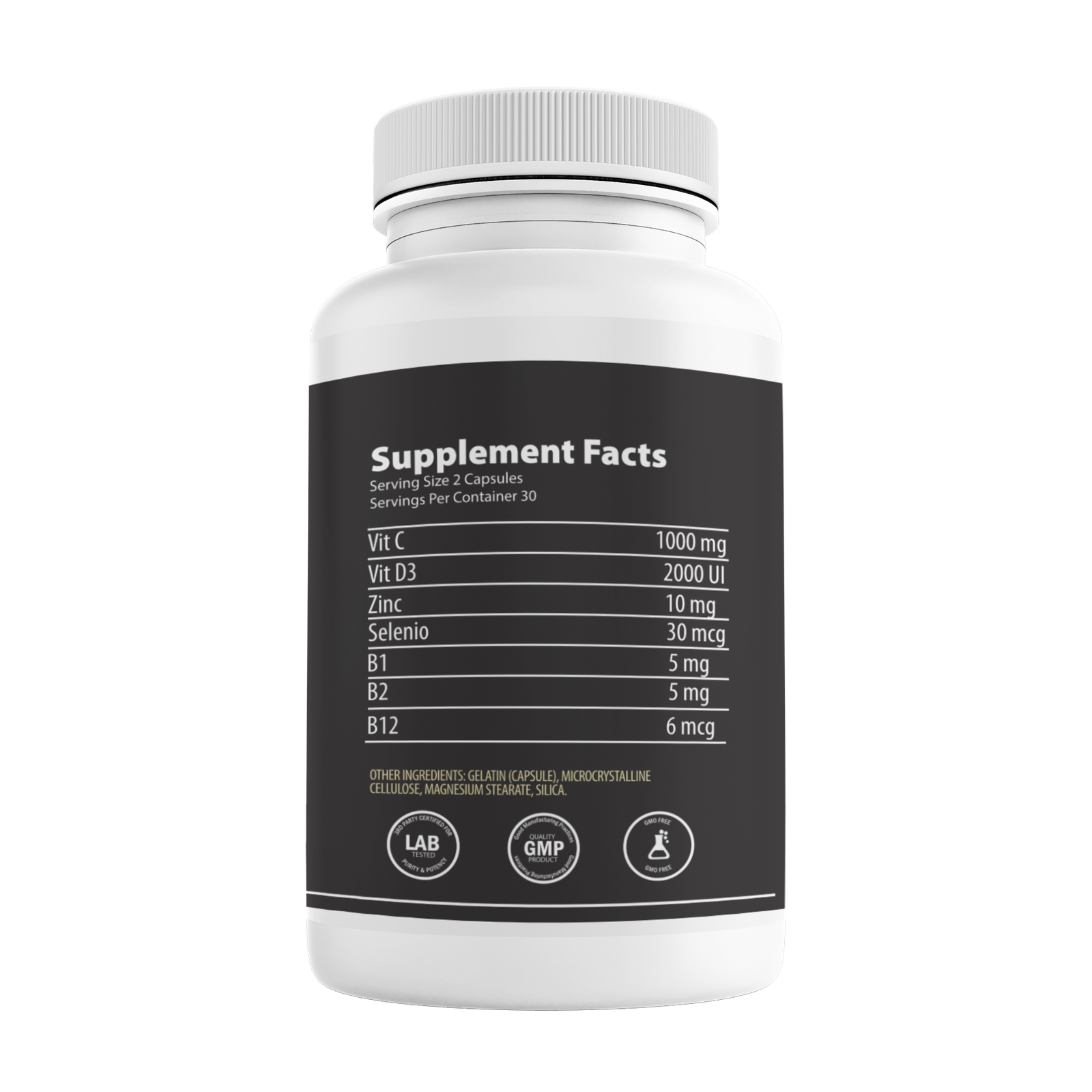

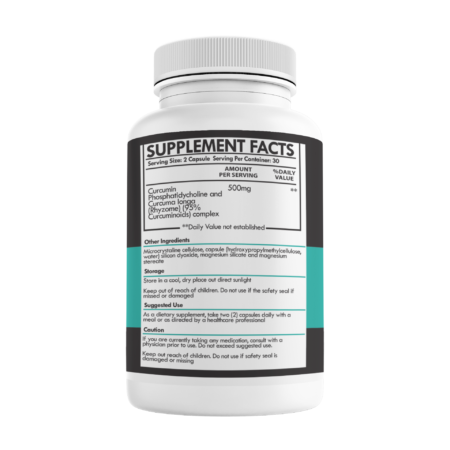

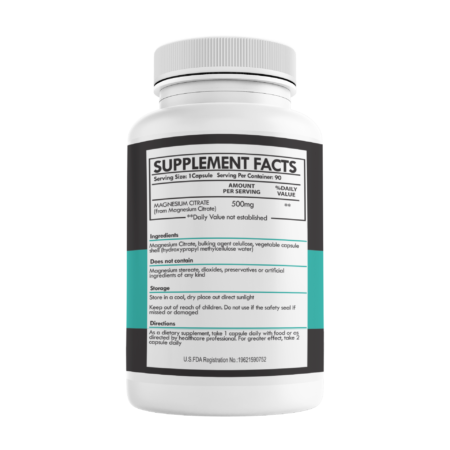
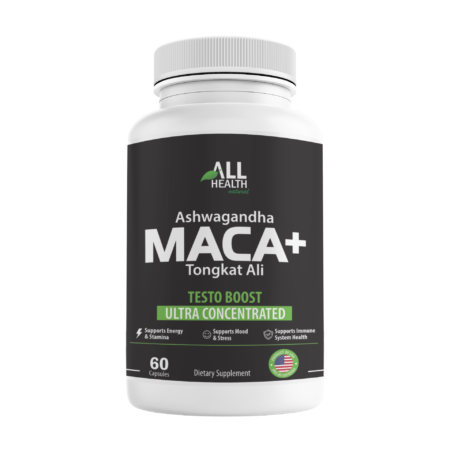
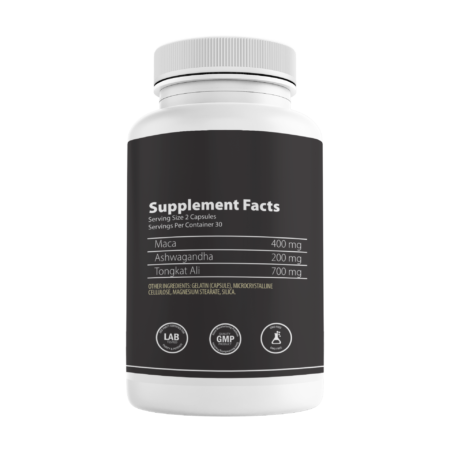

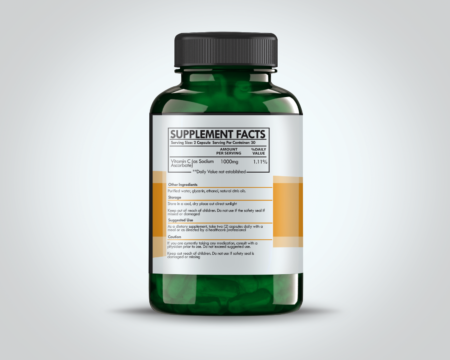

Valoraciones
No hay valoraciones aún.